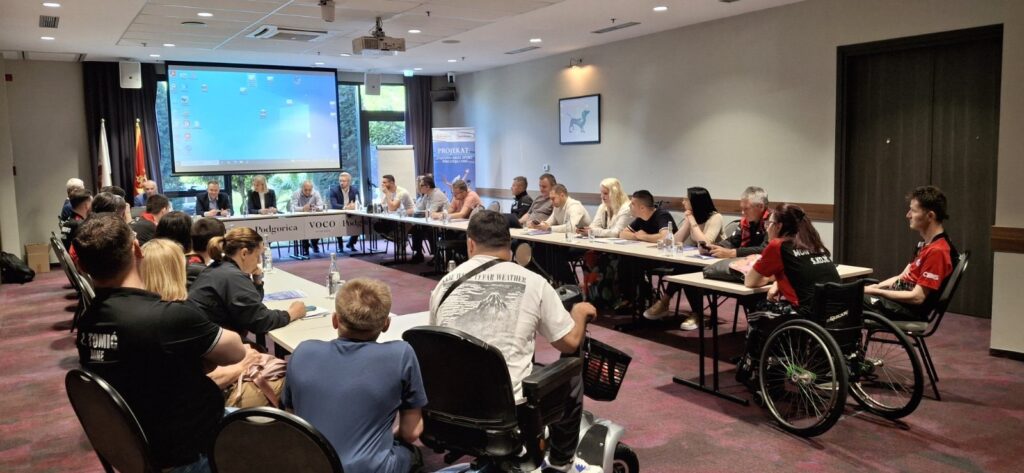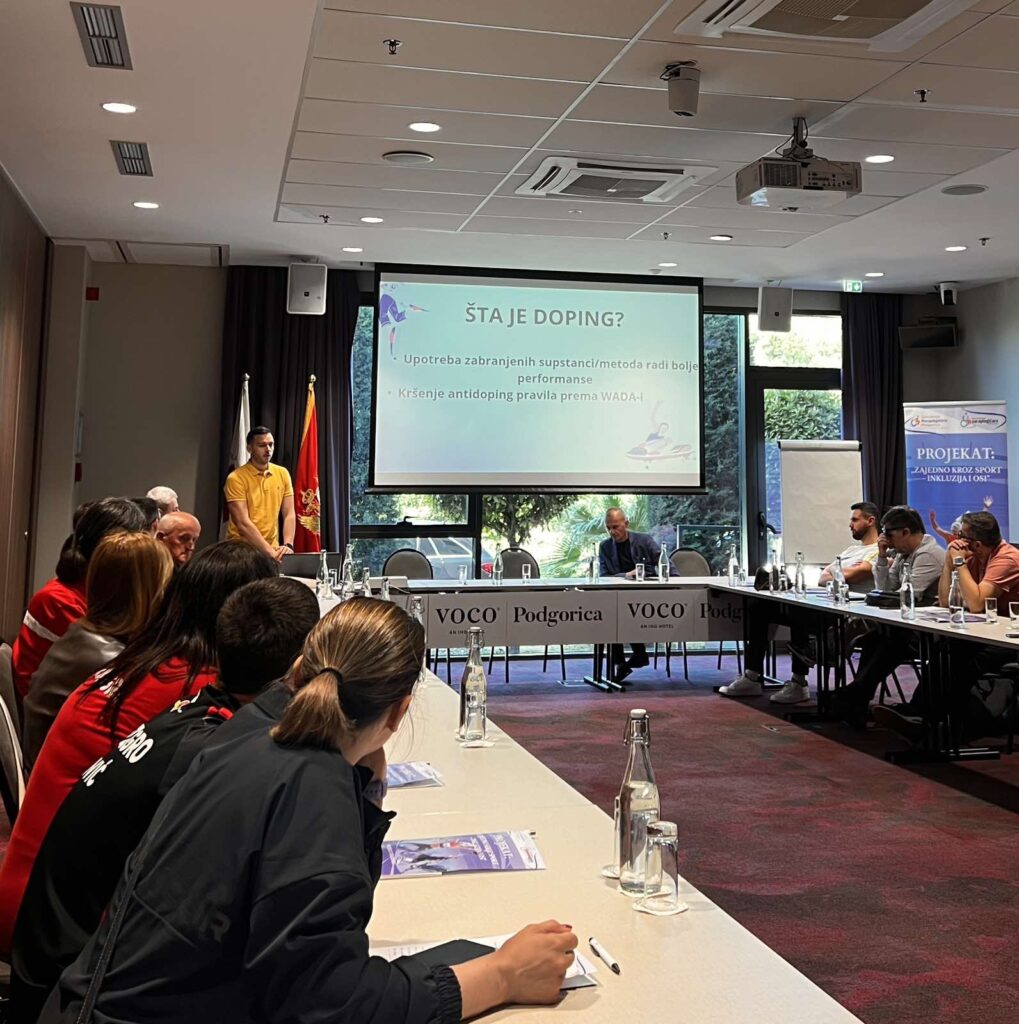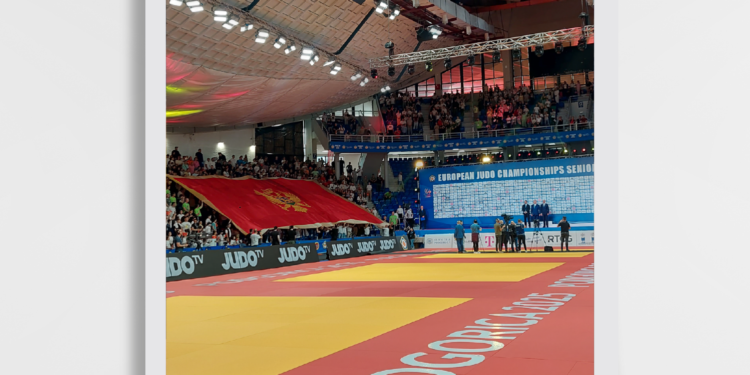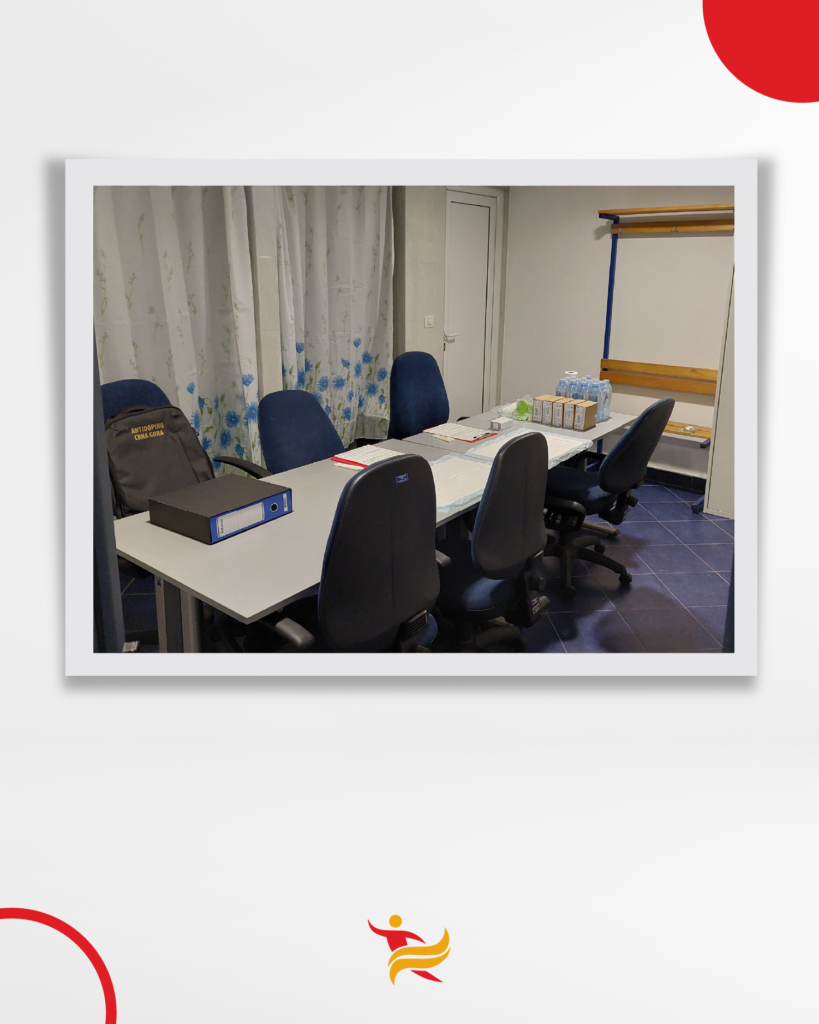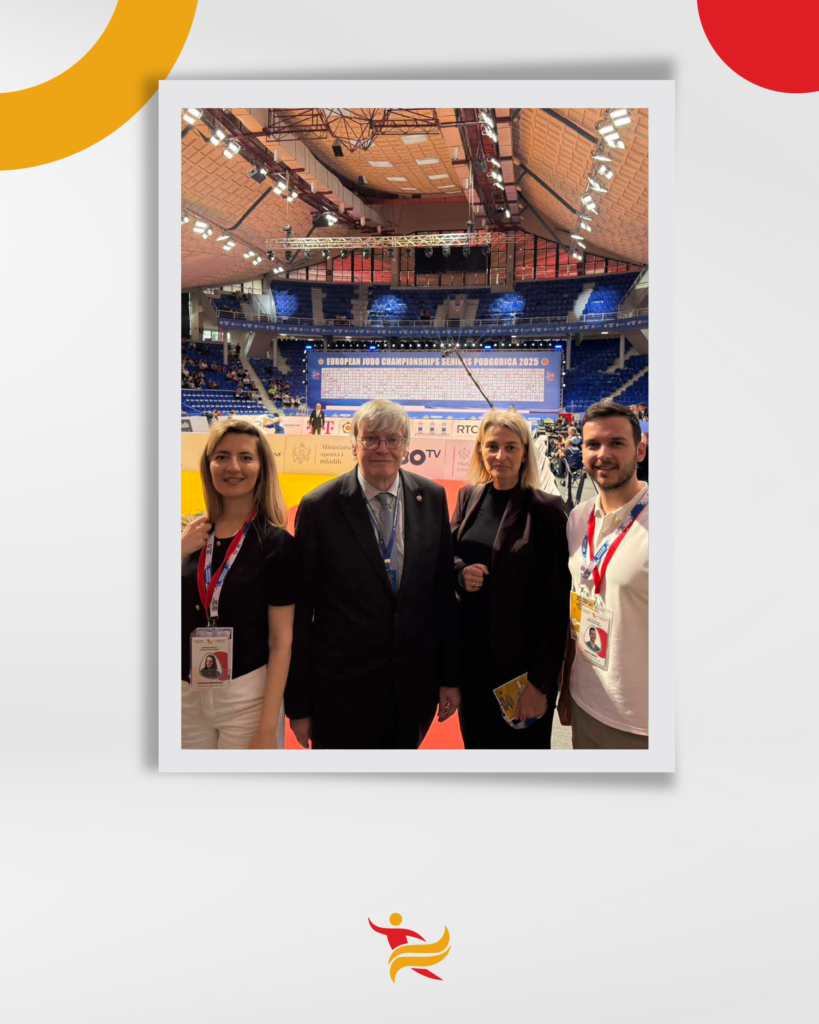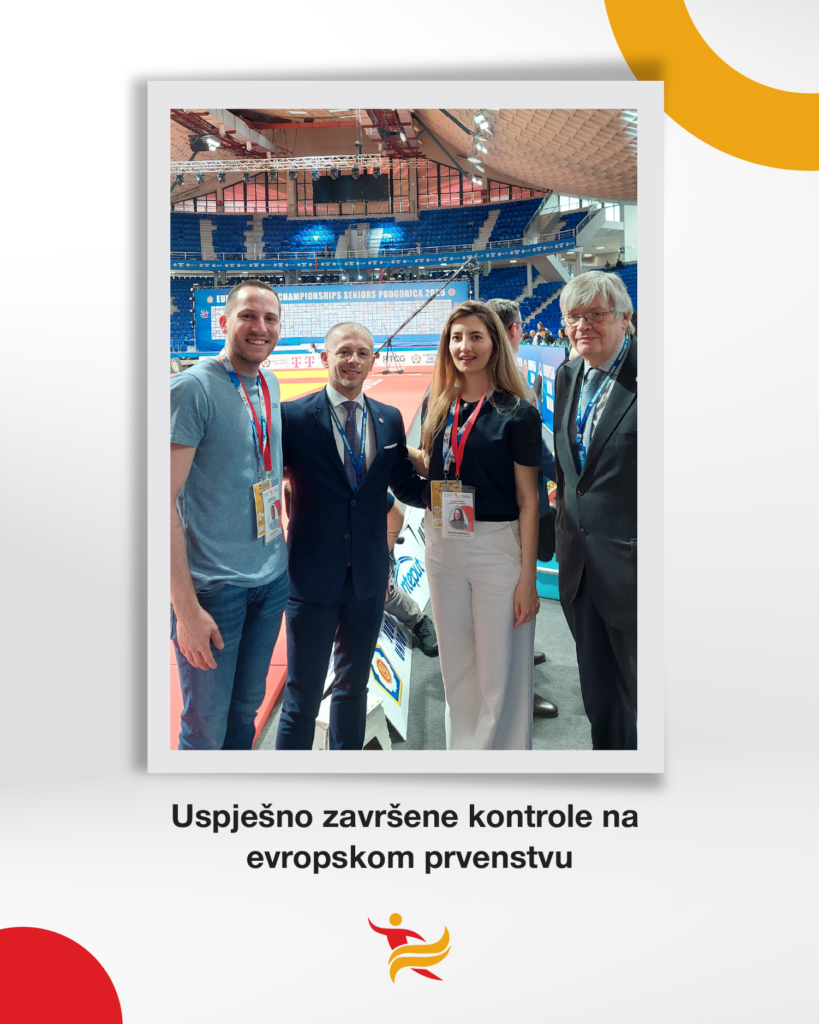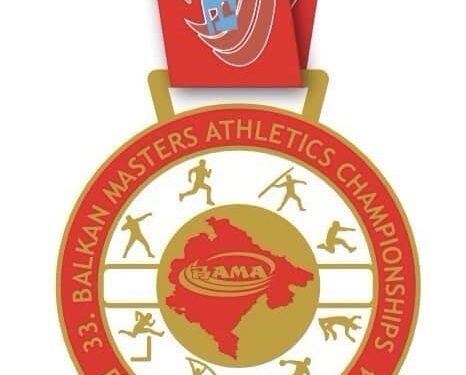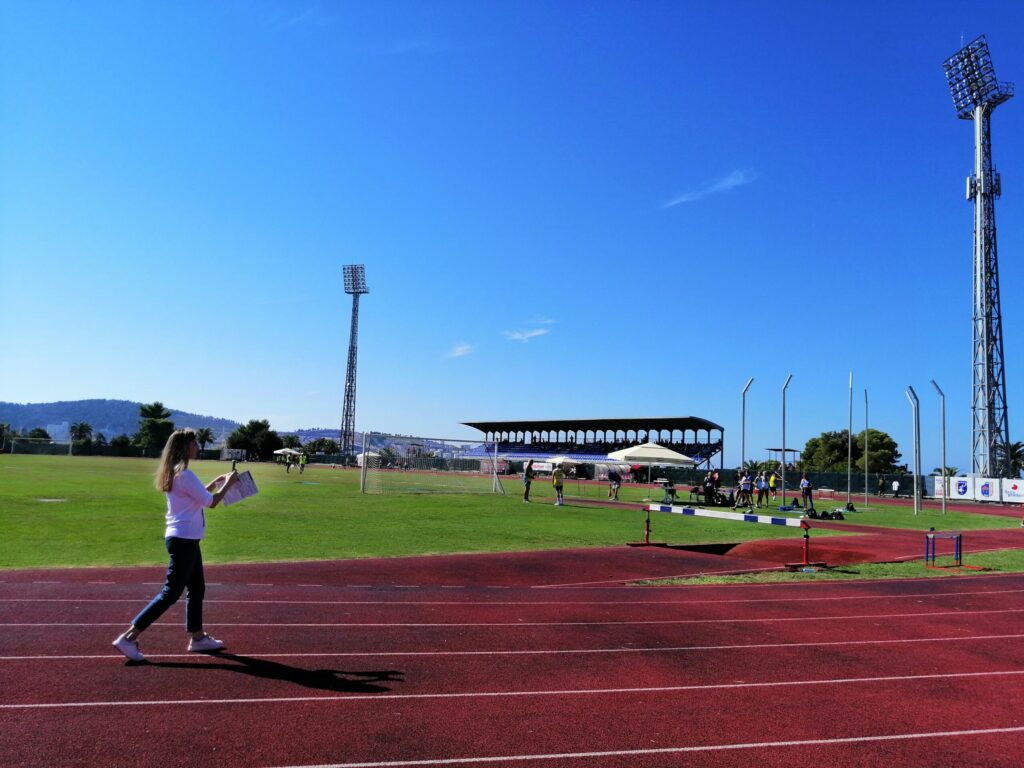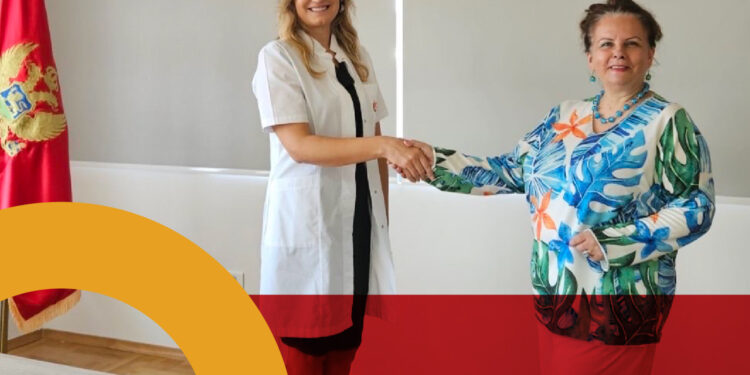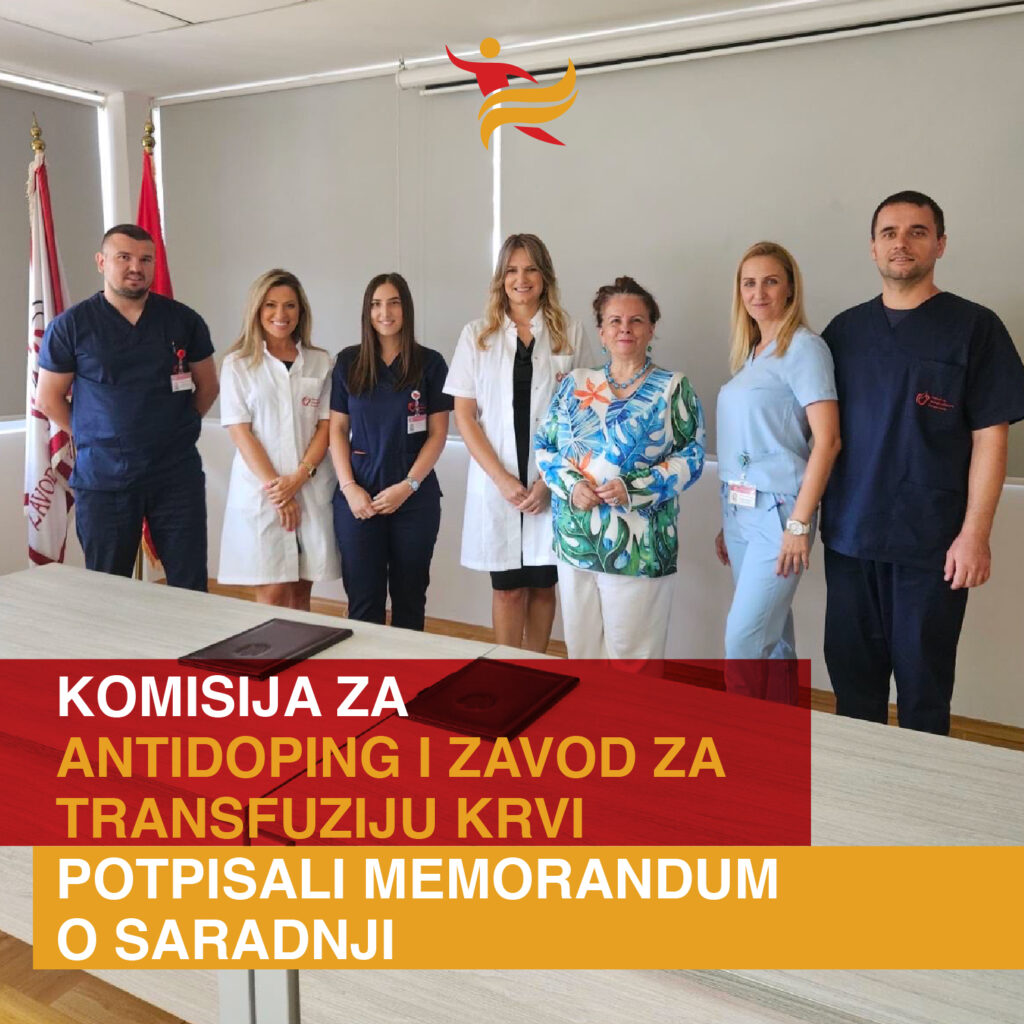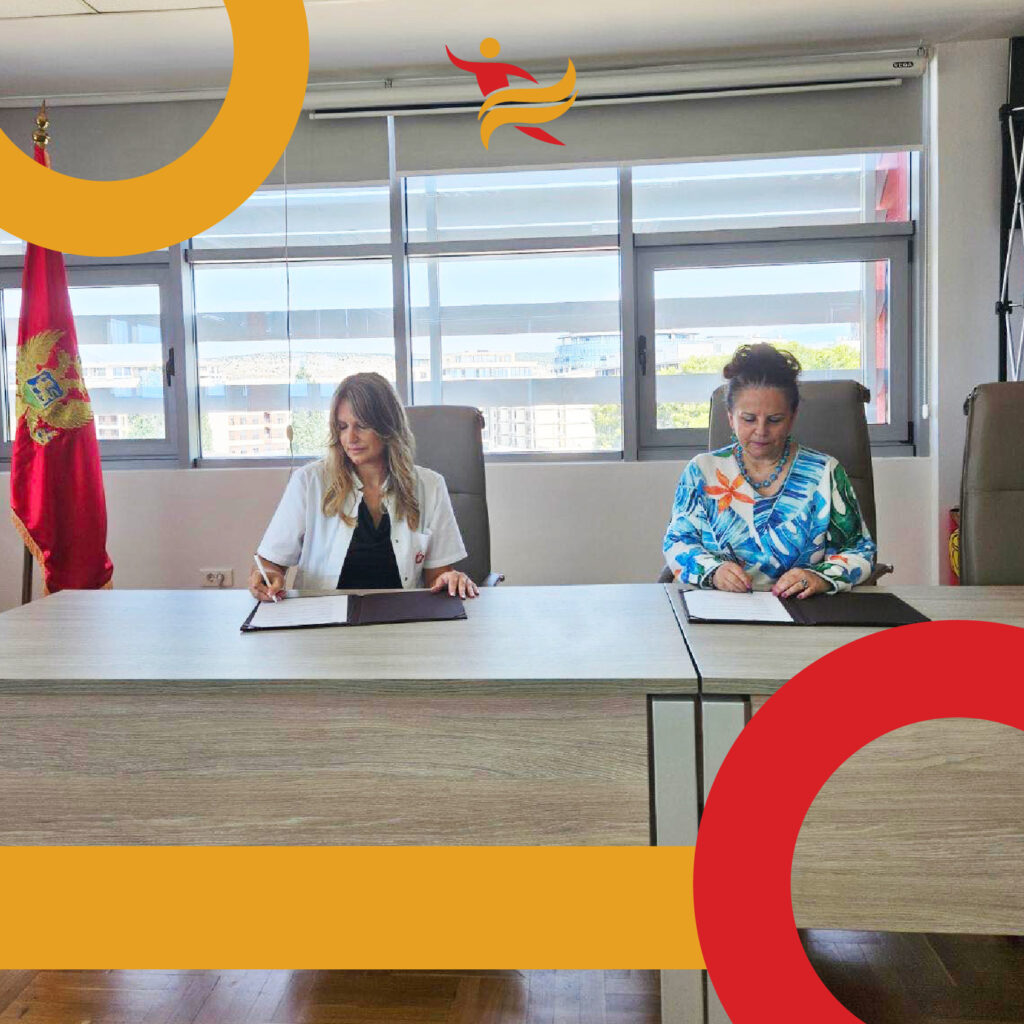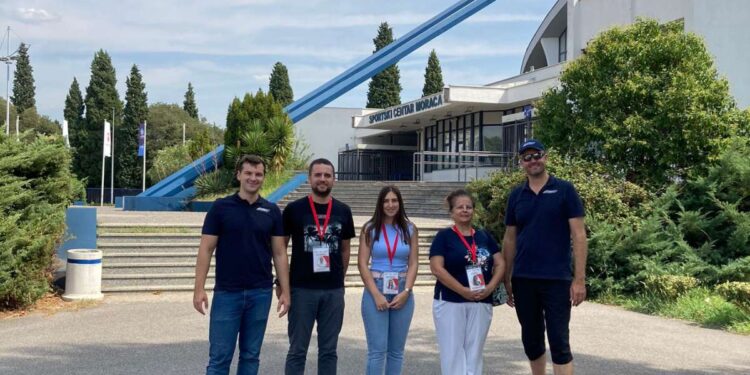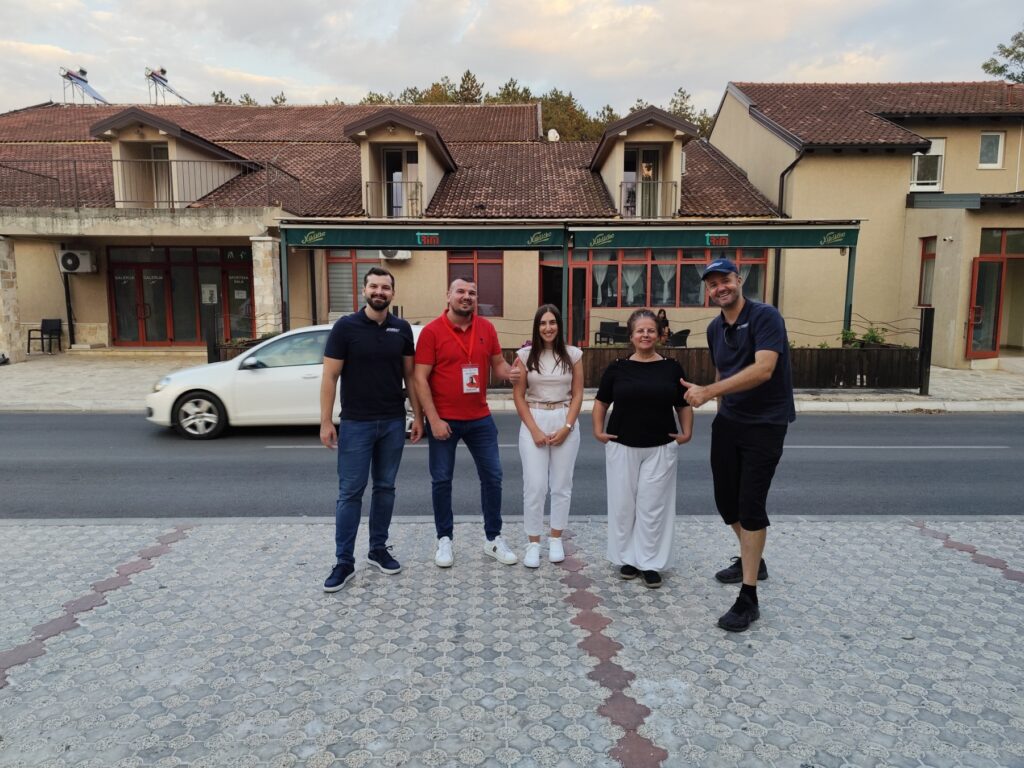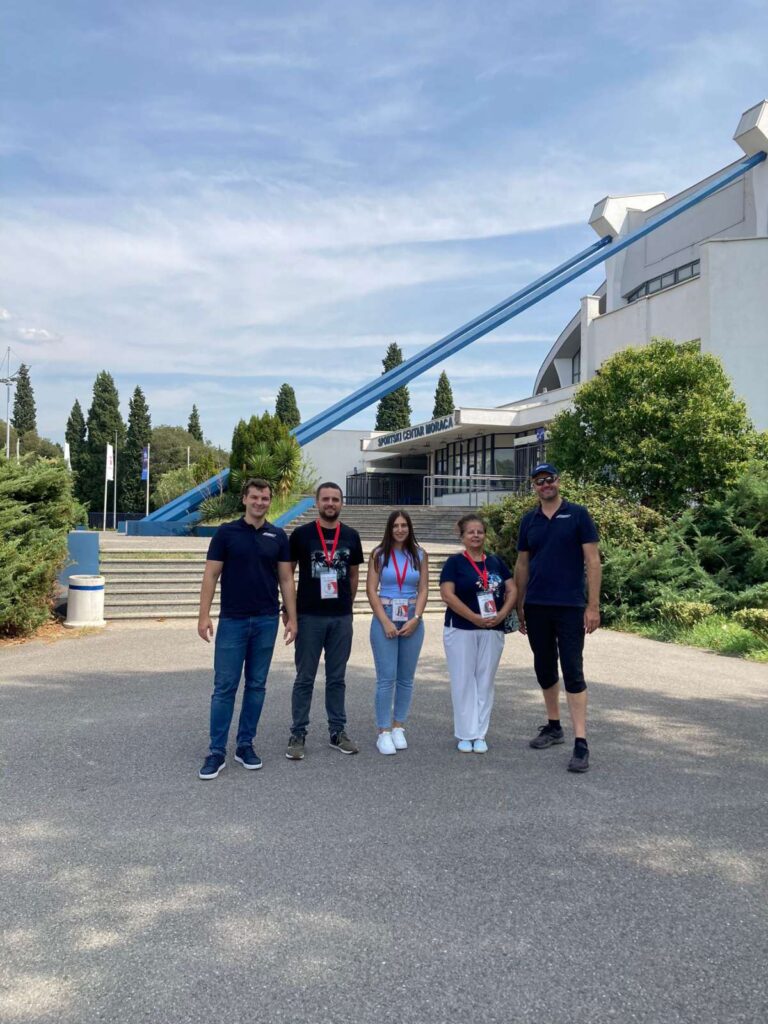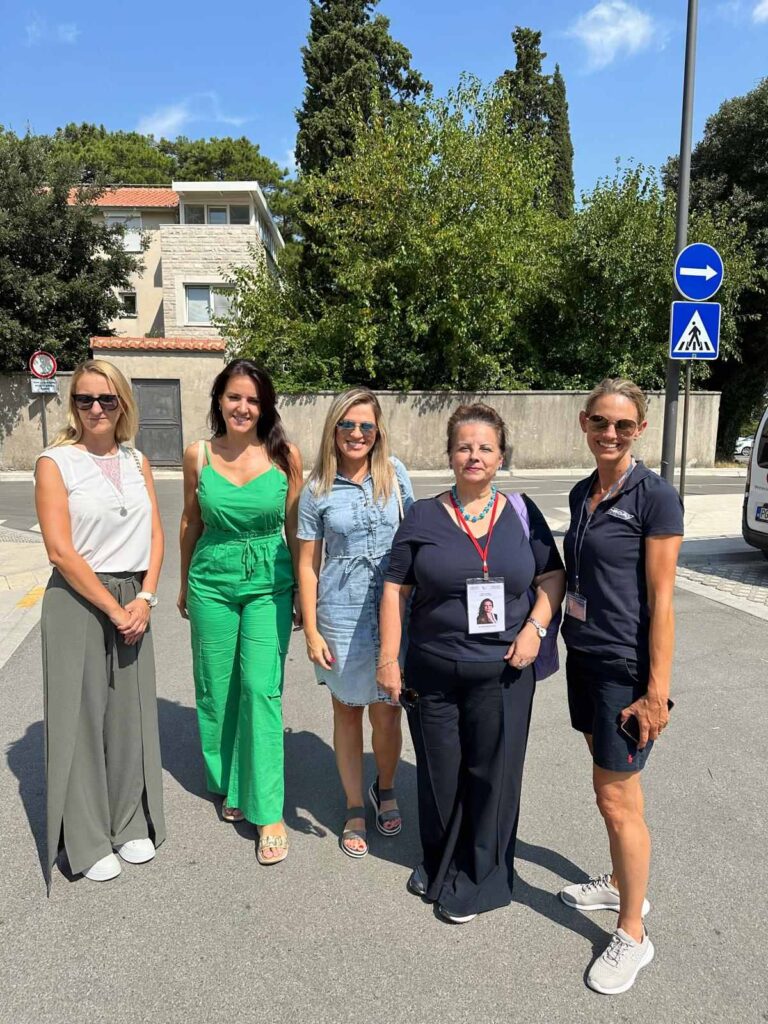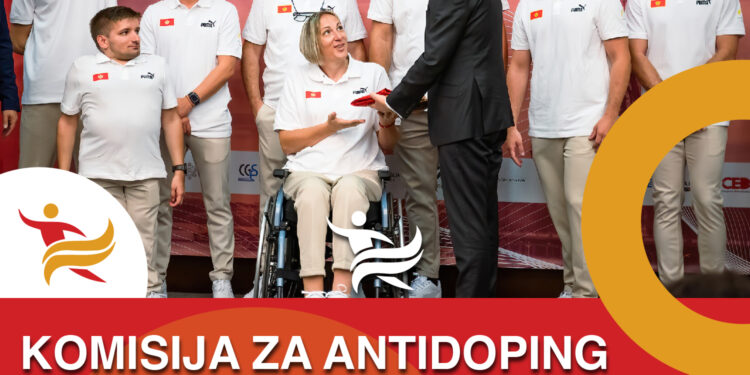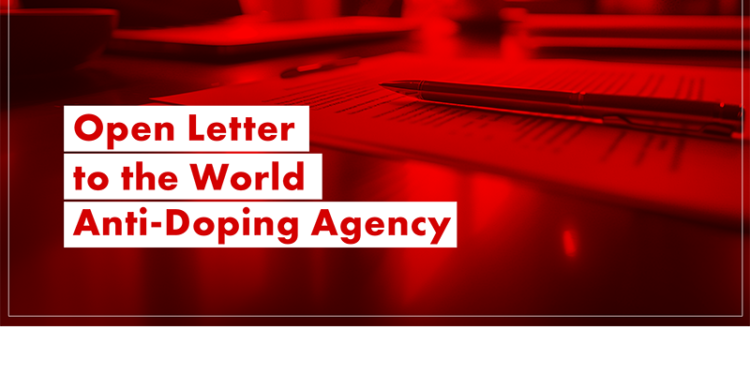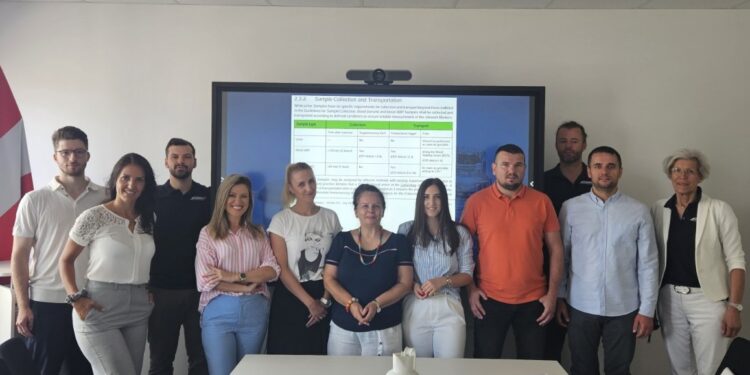On behalf of the anti-doping and athlete community in our countries, we seek clarity and understanding on the extent of the implementation of the World Anti-Doping Code in countries of big sport nations.
Based on the data recently provided by the World Anti-Doping Agency, which has also been raised as a concern since the inception of the Code, it is alarming to us, that athletes competing at a very high level such as the college sports system and professional leagues, are not bound by the provisions of World Anti-Doping Code.
Also, based on the available data, the numbers of samples collected in some of these countries are concerning in relation to the number of athletes taking part in major sporting events such as Olympic Games and World Championships and we are deeply concerned that those athletes apparently are not being sufficiently tested prior to major sporting events.
For the best interest of the athletes around the world and taking into account the concerns of our athletes who want to be sure that there is a level playing field for them when they compete, we encourage WADA to conduct an in-depth assessment of the anti-doping systems in countries in which professional leagues and academic sport are not covered by the World Anti-Doping Code and to take necessary actions.
Part of our mission as NADOs is to actively support and pursue the harmonization of the anti-doping rules globally, since the only way to guarantee a level playing field for athletes worldwide, is for all of us to be held at the same high standard. As such our group of 31 NADOs/RADO recognizes the role of WADA in coordinating and leading the anti-doping landscape and we thus turn to you to consider the concerns of our athletes, which we regard as an expression of our commitment to clean sport.
On 15 of July Uzbekistan NADO decided to join us, it means that the final number of supporting ADO increased to 32.
The full list of NADOs/RADO:
1. Africa Zone VI RADO
2. Albania – National Antidoping Organization of Albania
3. Armenia – Anti-Doping Agency SNCO of Armenia (ARM-NADO)
4. Austria – Nationale Anti-Doping Agentur Austria (NADA)
5. Bosnia and Herzegovina – Agency for Antidoping Control of Bosnia and Herzegovina
6. Bulgaria – Anti-Doping Centre
7. Cape Verde – National Anti-Doping Organization of Cape Verde (ONAD-CV)
8. Cameroon – Organisation Camerounaise de Lutte contre le Dopage en Sport (OCALUDS)
9. Croatia – Croatian Institute of Public Health
10. Cyprus – Cyprus Anti-Doping Authority
11. Czech Republic – Anti-Doping Committee of the Czech Republic
12. Egypt – Egyptian NADO
13. Ethiopia – Ethiopian Anti-doping Authority (ETH-ADA)
14. Georgia – Georgian Anti-Doping Agency
15. Hungary – Hungarian Anti-Doping Group (HUNADO)
16. Kosovo – Kosovo Anti-Doping Agency (KosADA)
17. Montenegro – Montenegro Antidoping Commission
18. North Macedonia – National Anti-Doping Commission
19. Moldova – National Antidoping Agency of the Republic of Moldova
20. Poland – Polish Anti-Doping Agency (POLADA)
21. Portugal – Autoridade Antidopagem de Portugal (ADoP)
22. Romania – National Anti-Doping Agency of Romania
23. San Marino – NADO San Marino
24. Saudi Arabia – Saudi Anti-Doping Committee
25. Senegal – Organisation nationale antidopage du Sénégal
26. Serbia – Antidoping Agency of Serbia (ADAS)
27. Slovakia – Slovak Anti-Doping Agency (SADA)
28. Slovenia – Slovenian Anti-Doping Organisation (SLOADO)
29. Sudan – Sudanese Anti-Doping Agency
30. Türkiye – Turkish Anti-Doping Commission
31. Ukraine – National Anti-Doping Center of Ukraine (NADC)
32. Uzbekistan – National Anti-Doping Organisation (UzNADO)
